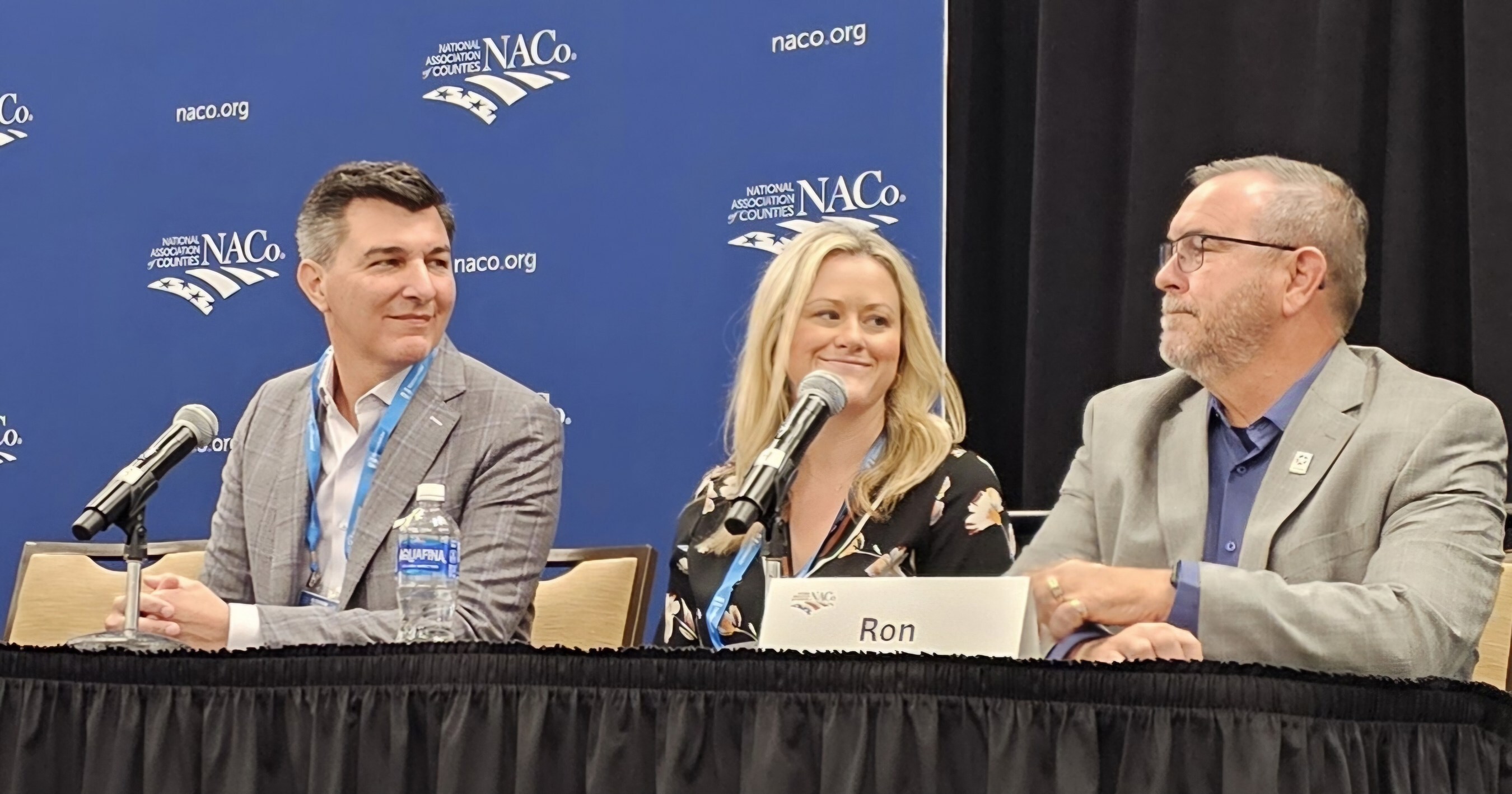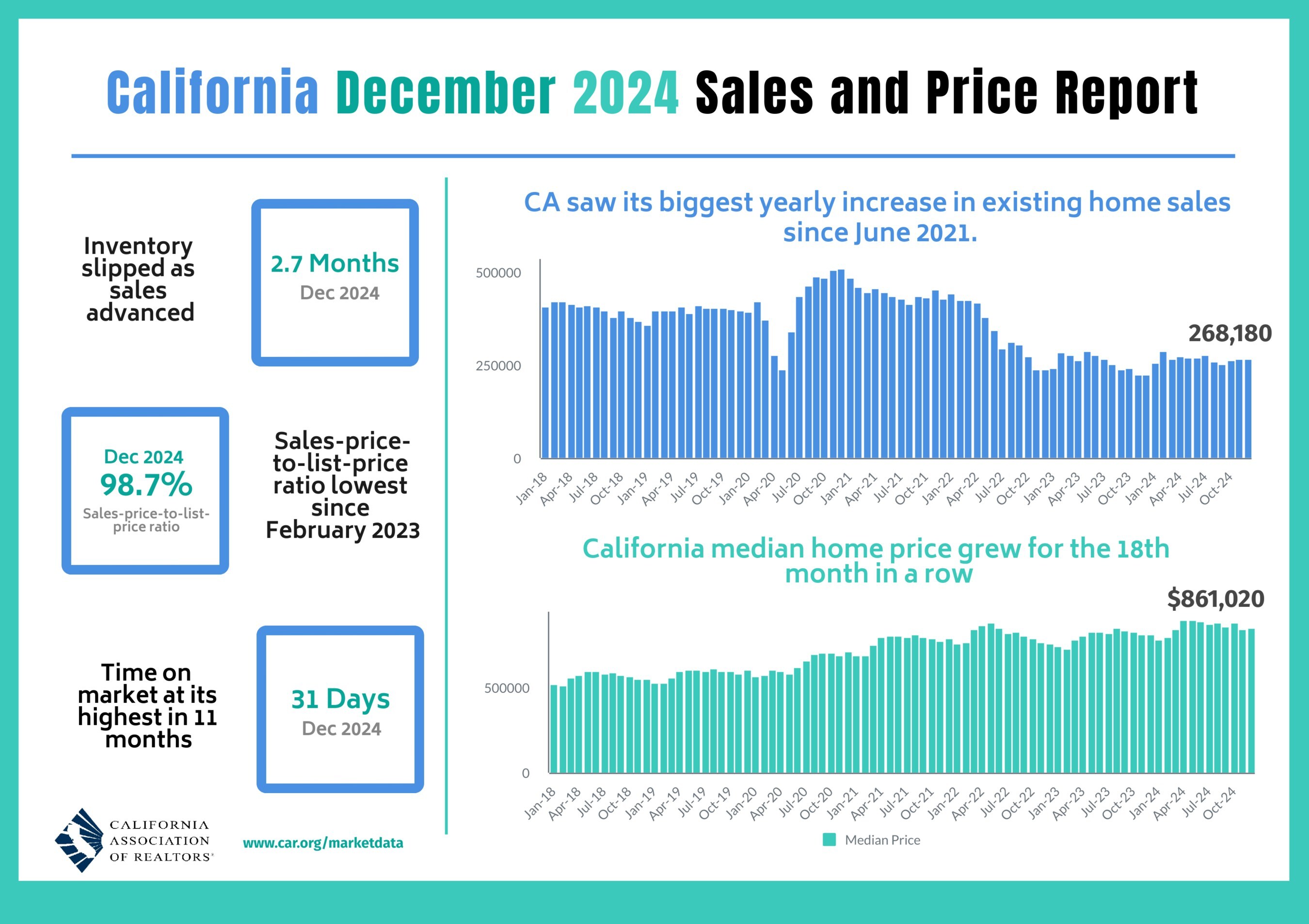County officials stress public-private partnerships are essential to bridging the digital divide
ATLANTA, July 23, 2024 -- During last week's National Association of Counties Annual Conference & Exposition, Cox Communications partnered with Broadband Communities to convene various county elected officials to discuss rural broadband expansion challenges and opportunities during a reception and Digital Equity Dialogue event.
Key Takeaways:
- Deploying broadband to rural areas has a direct impact on the economic vitality of counties.
- County officials seek to partner with organizations that prioritize affordability and digital literacy.
What's More: Feedback from county officials at the event aligned with a recent Cox survey which polled customers and community leaders in areas previously unserved or underserved with high-speed internet.
Survey respondents indicated that the availability of high-speed internet in new market areas:
- Stimulates economic growth in rural communities;
- Narrows the education gap between lower- and higher-income households; and
- Encourages younger generations to remain in their communities, with greater prospects of remote learning and working.
Additionally, 86% of consumers say access to broadband has improved their lives.
Partnerships Drive Connected Communities: When asked what county officials can do to make rural broadband expansion projects successful during a panel discussion at the Rural Action Caucus meeting, Commissioner Ron Burrows, Rogers County, Oklahoma said, "Work with someone who already has a plan and has done the work to solve the problem and will help you get to the finish line. As we talked to all the providers in our area, we were really impressed with Cox because they already had a plan for how they were going to solve it."
Affordability is Key to Connectivity: Brad Randall, Editor at Broadband Communities said, "As we heard from county leaders from across the country, affordable connectivity can be a crucial element when it comes to addressing poverty in America. Internet service providers that offer commitments to affordability are investing in America and will be well-positioned to secure partnerships with states, counties, and local governments that are serious about providing opportunity to their constituents. I applaud Cox for their willingness to listen and deliver solutions that help all thrive."
How We Contribute: Cox is continuing its commitment to digital equity by expanding its fiber-to-the-home network to rural and hard-to-reach areas that previously lacked an adequate broadband connection. In the past year and a half, the company has expanded to reach over 60,000 households in Arizona, Florida, Kansas, Nebraska, Oklahoma, and Virginia that were previously unserved1 or underserved, with the aim of creating greater opportunities for economic and educational advancement through connectivity.
In the last decade, Cox has invested nearly $12 billion in its fiber-powered network, bringing access and choice to communities across all its markets.
In addition to expanding broadband to areas previously unserved, Cox has connected more than 5 million people to the internet through its affordability and digital equity programs including Connect2Compete, ConnectAssist and the Cox Digital Academy designed for low-income households.
About Cox Communications
Cox Communications is committed to creating meaningful moments of human connection through technology. As the largest private broadband company in America, we operate fiber-powered networks in more than 30 states, providing connections and advanced managed IT and cloud services for nearly seven million homes and businesses nationwide. We're dedicated to empowering others to build a better future and celebrate diverse products, people, suppliers, communities and the characteristics that make each one unique. Cox Communications is the largest division of Cox Enterprises, a family-owned business founded in 1898 by Governor James M. Cox.
____________________ |
1 "Unserved" locations are defined as having broadband service with speeds below 25 Mbps download and 3 Mbps upload and "underserved" is defined as having broadband service with speeds below 100 Mbps download and 20 Mbps upload. Section 60102(a)(1), Infrastructure Investment and Jobs Act. Nov. 2021. |
This News is brought to you by Qube Mark, your trusted source for the latest updates and insights in marketing technology. Stay tuned for more groundbreaking innovations in the world of technology.









